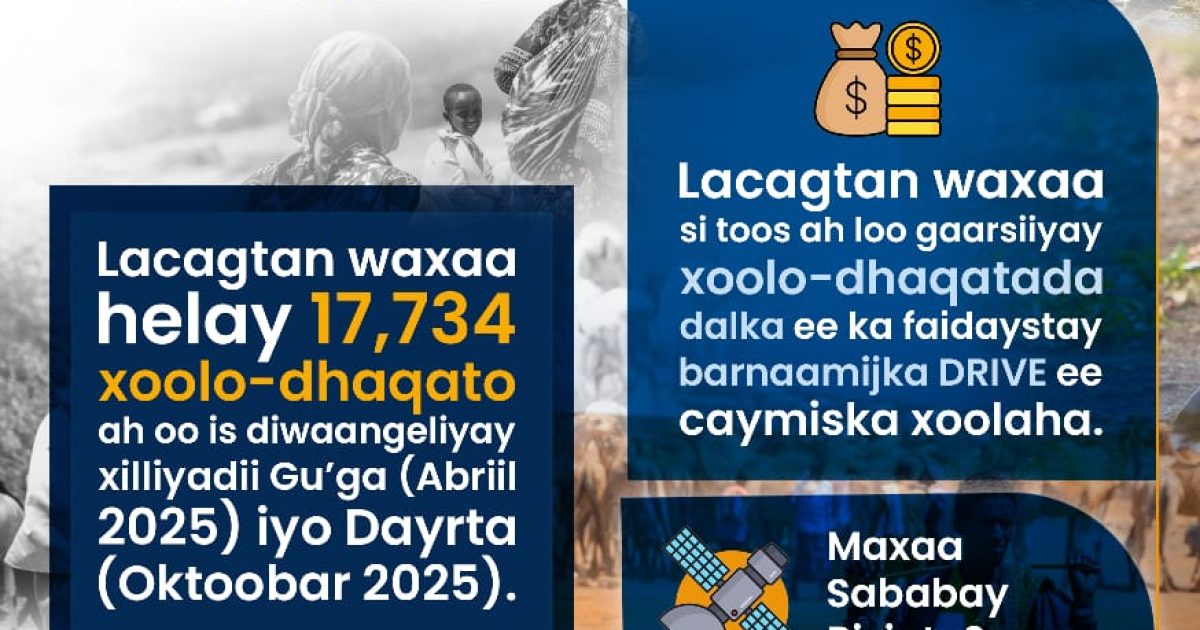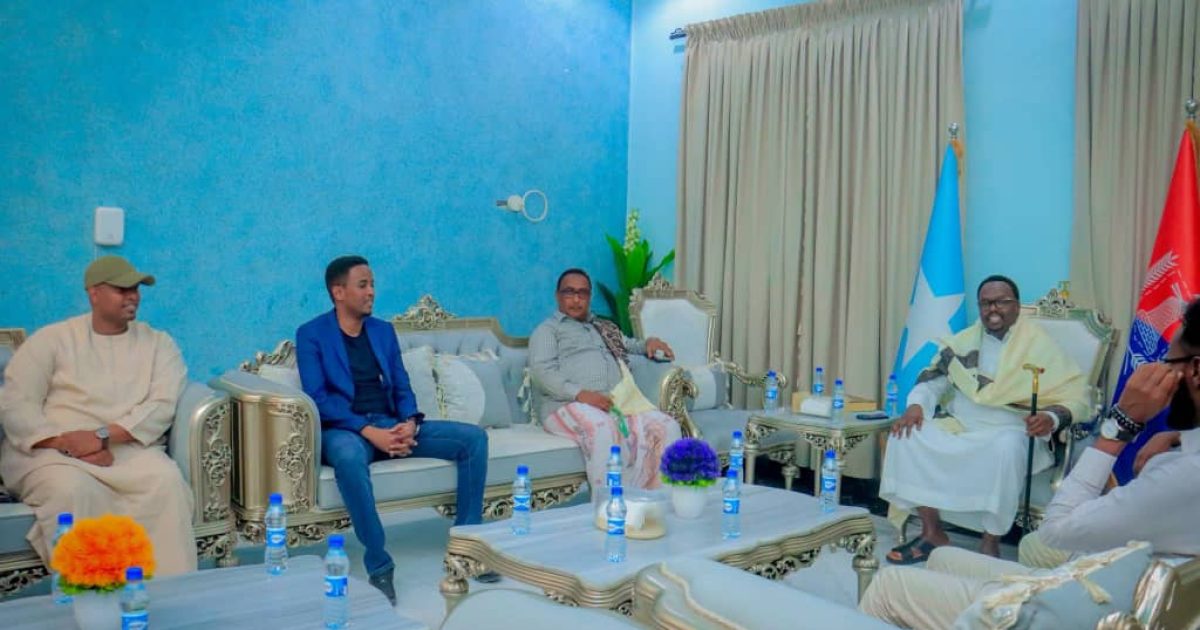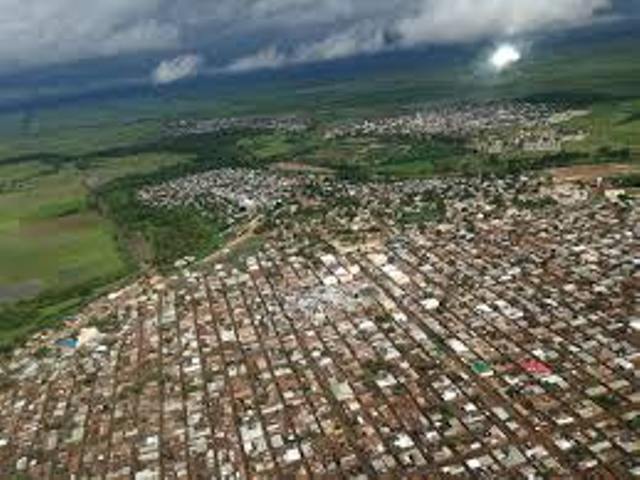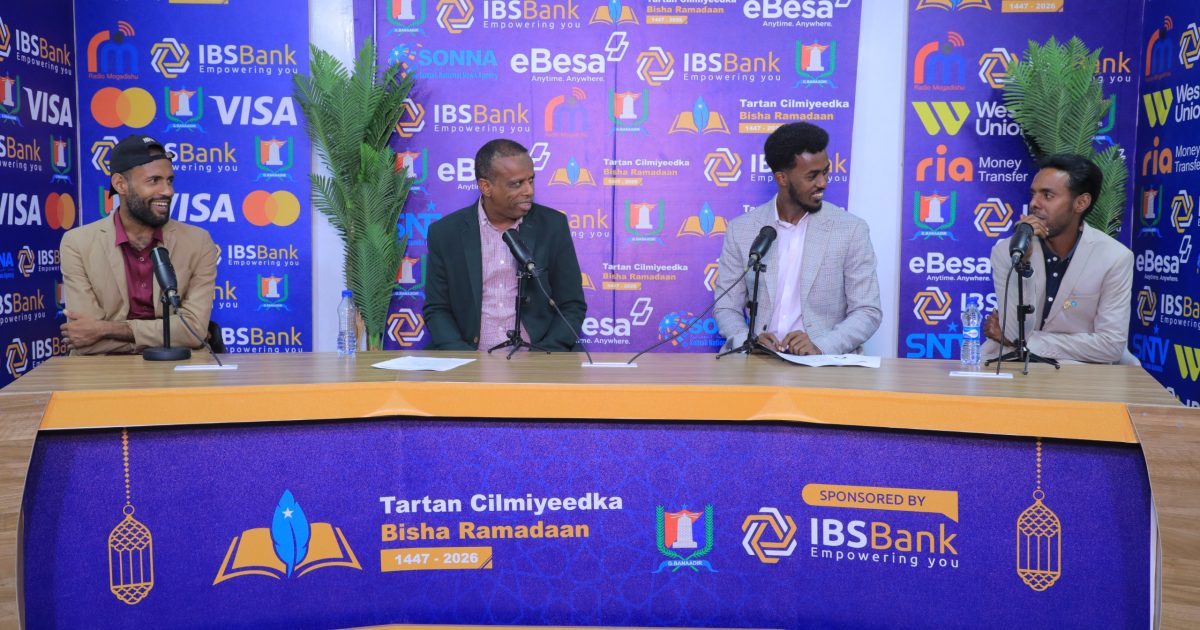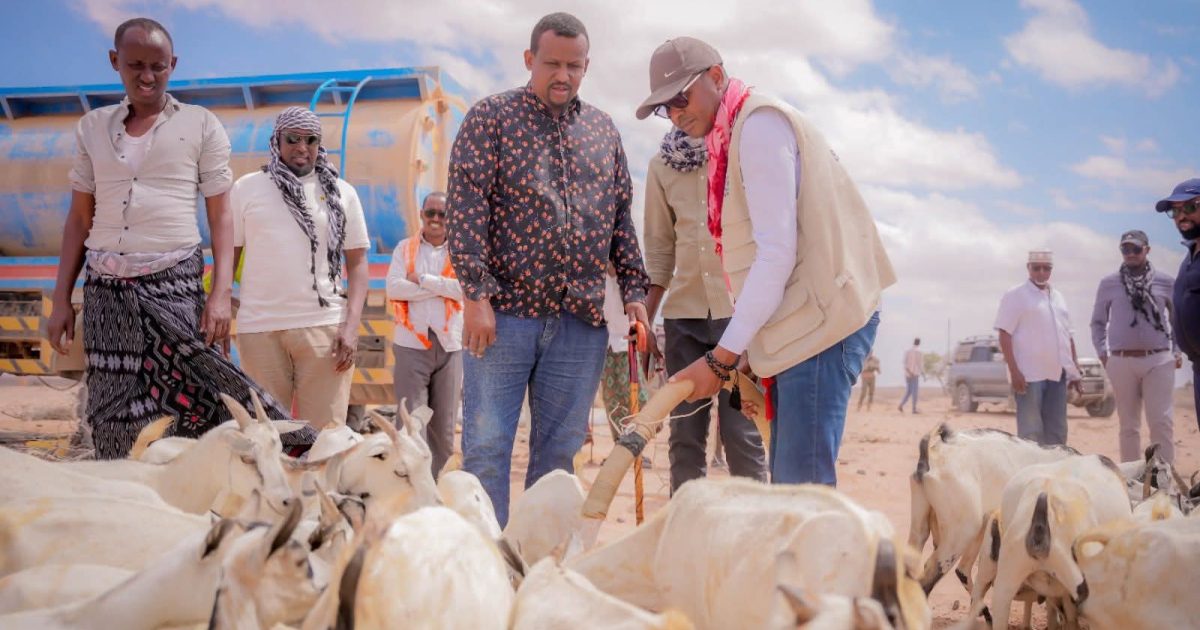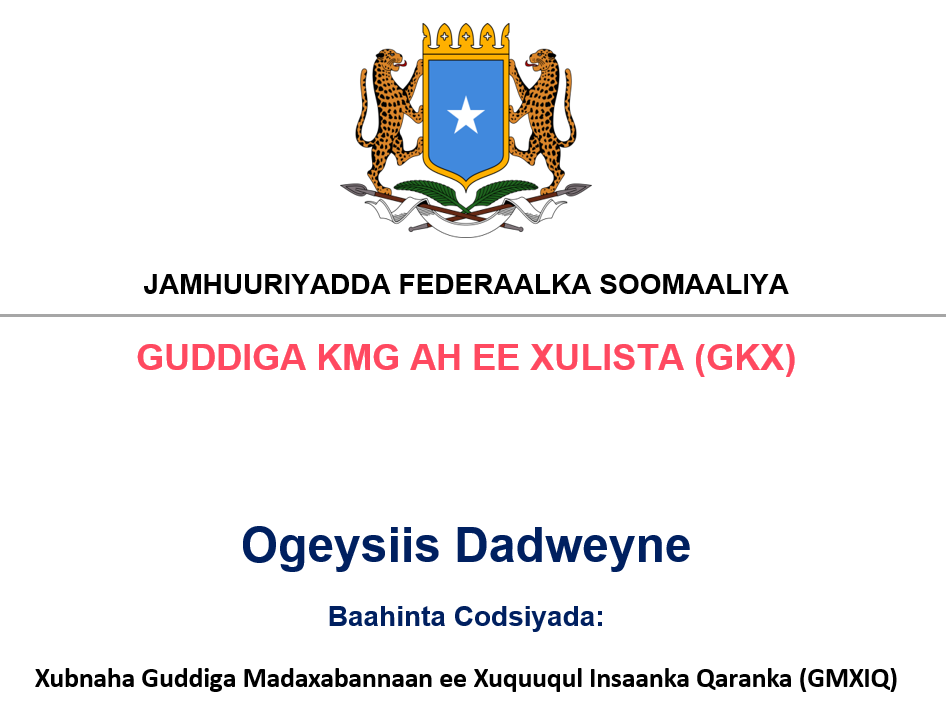Prime Minister Khaire: Somalia’s Return to Global Stage is Inevitable
Somali Prime Minister Hassan Ali Khaire today called for an accelerated debt relief to help Somalia to implement its ambitious reforms, noting that Somalia’s return to the global stage was inevitable.
Talking today at a special session “Partnership for Peace: Focus on Somalia”, Khaire said: “Somali government’s commitment and political will to deliver its promises to the Somali people is undoubted. But we are also aware that successful implementation of our ambitious reforms and development agenda including improving security, infrastructure projects, institutional building, and economic recovery, requires resources.”
“Somalia cannot do it alone. Not with the limited resources and the inherited and over-burdened debt of about six billion dollars,” he said, underlining that accelerated debt relief and re-engagement with international financial institutions to access immediate funding were critical for development.
“My government is already engaged with these institutions and is striving hard to meet the set benchmarks to normalize relations and improve financial management,” he said, noting his confidence that the ongoing efforts will be concluded successfully.
Praising Somalia’s private sector for its role in the survival of the country, he said:
“Despite considerable challenges, Somalia’s private sector has continued to provide critical services in the survival and recovery of the Somali people,” he said, pointing out the remittances as key investment resource that called for effective public-private partnership.
Citing World Bank estimates showing that Somali GDP growing by 5 percent in 2015 and 6 percent in 2016, he emphasized the urgent need to explore Somalia’s other untapped sectors.
“Somalia’s waters are home to some of the richest fishing ground in Africa and some of the only fish stocks in the world that are underfished are in the deep waters of the country’s 3,330 km coastline,” he said, noting other productive resources included 8.5 million hectares of arable agricultural land and more than 50 million livestock in addition to untapped minerals.
“If properly utilized all these resources combined will enable Somalia to attain food security, create jobs, increase government revenue, and contribute international trade,” he said.
“We made our target to reduce poverty by adopting and implementing the necessary policies and the necessary regulatory frameworks and enabling environment for investment,” he said.
“Somalia is ready to resume its historical role as the Gateway and Business Centre of Africa through the Indian Ocean and Red Sea corridor,” he said.
He underlined that although the world was in an age of uncertainty, instability and fragility, there were also limitless opportunities due to cutting edge technology, unprecedented innovation, and scientific breakthroughs.
“It is this human ingenuity that beats the despair and gives us hope that together we are more resourceful and can address the challenges we face to shape a better world for future generations,” he said.
He said: “Somalia presents a precise intersection of risks and opportunities and despite its turbulent past, remains a living example of human ingenuity, unlimited resilience and unceasing hope.”
“With a youthful population,” he continued,” Somalia can be at great competitive edge if enabling conditions, including progressive policies is aggressively pursued to bring about economic transformation,” underling that providing quality services including education and livelihood opportunities, will contribute significantly to addressing disillusionment and recruitment into criminal and terrorist networks.
He pointed out that the government made strides in achieving sustainable security, and political and constitutional transformations.
Leading a Somali delegation for the first time to the World Economic Forum (WEF2018) in Davos, the Prime Minister had several bilateral meetings with executives of international institutions and world leaders.
Among those he met included Christine Lagarde, IMF Managing Director,executives of the IMF, Kristalina Georgieva, Chief Executive Oficer of the World Bank, Akinwumi Ayodeji Adesin, President of African Development Bank, WEF President Borge Brende as well as world leaders such as Norwegian Prime Minister Erna Solberg, Russian Deputy Prime Minister, Minister for industry and energy Arkady Dvorkovich, Qatari Depuy Prime Minister & Foreign Minister Sheikh Mohammad bin Abdulrahman Al-Thani, and other leaders.
—DHAMMAAD—-



